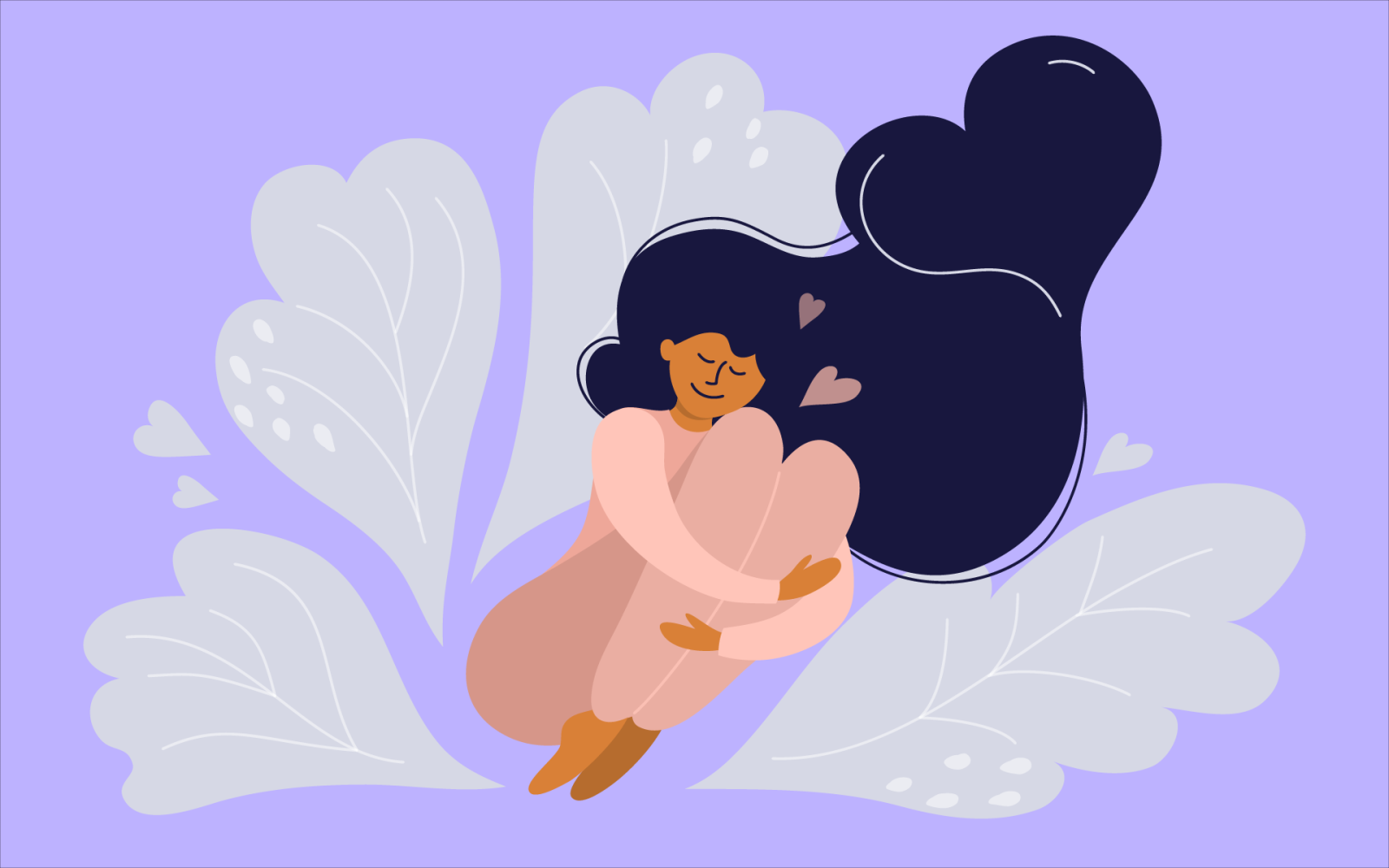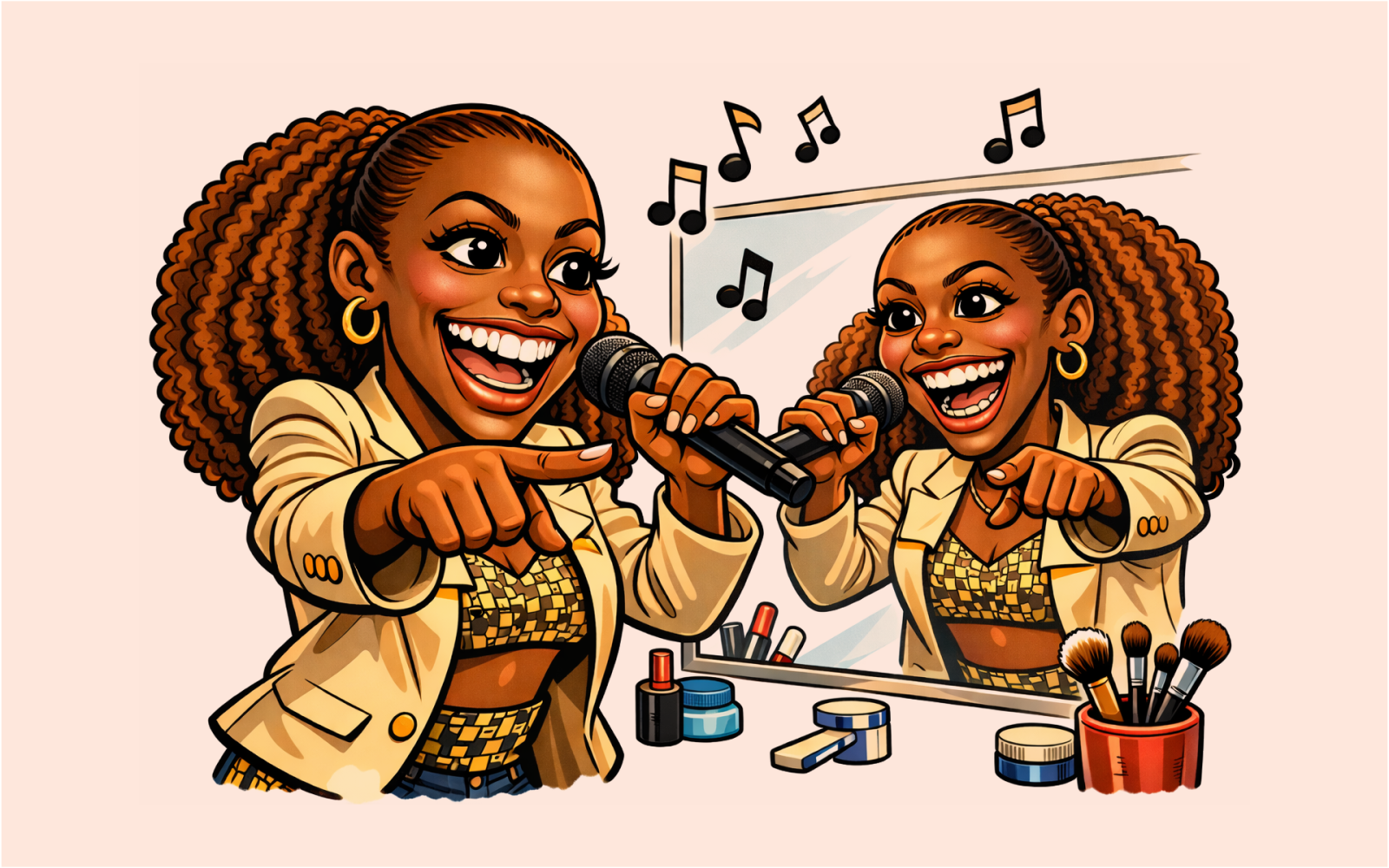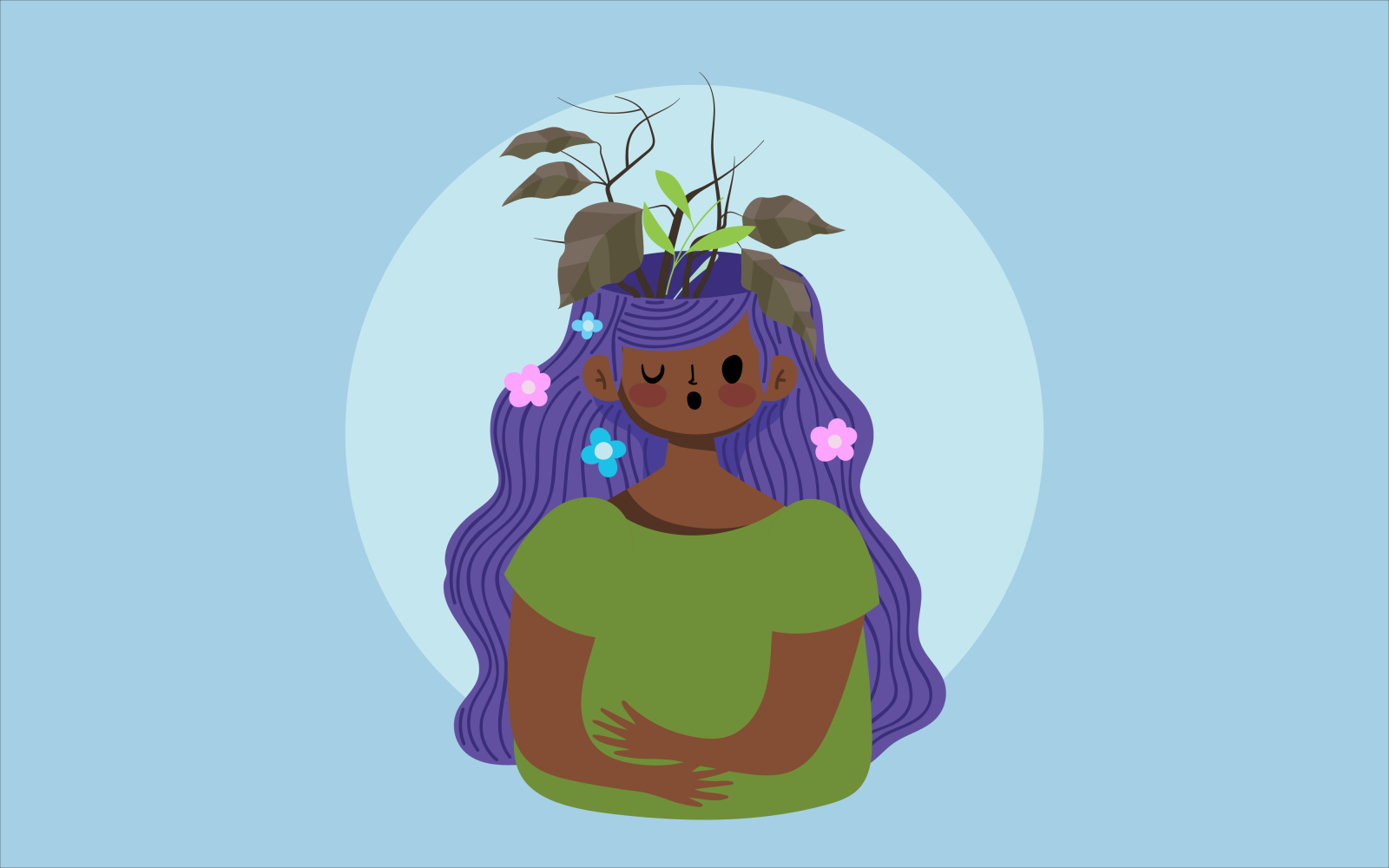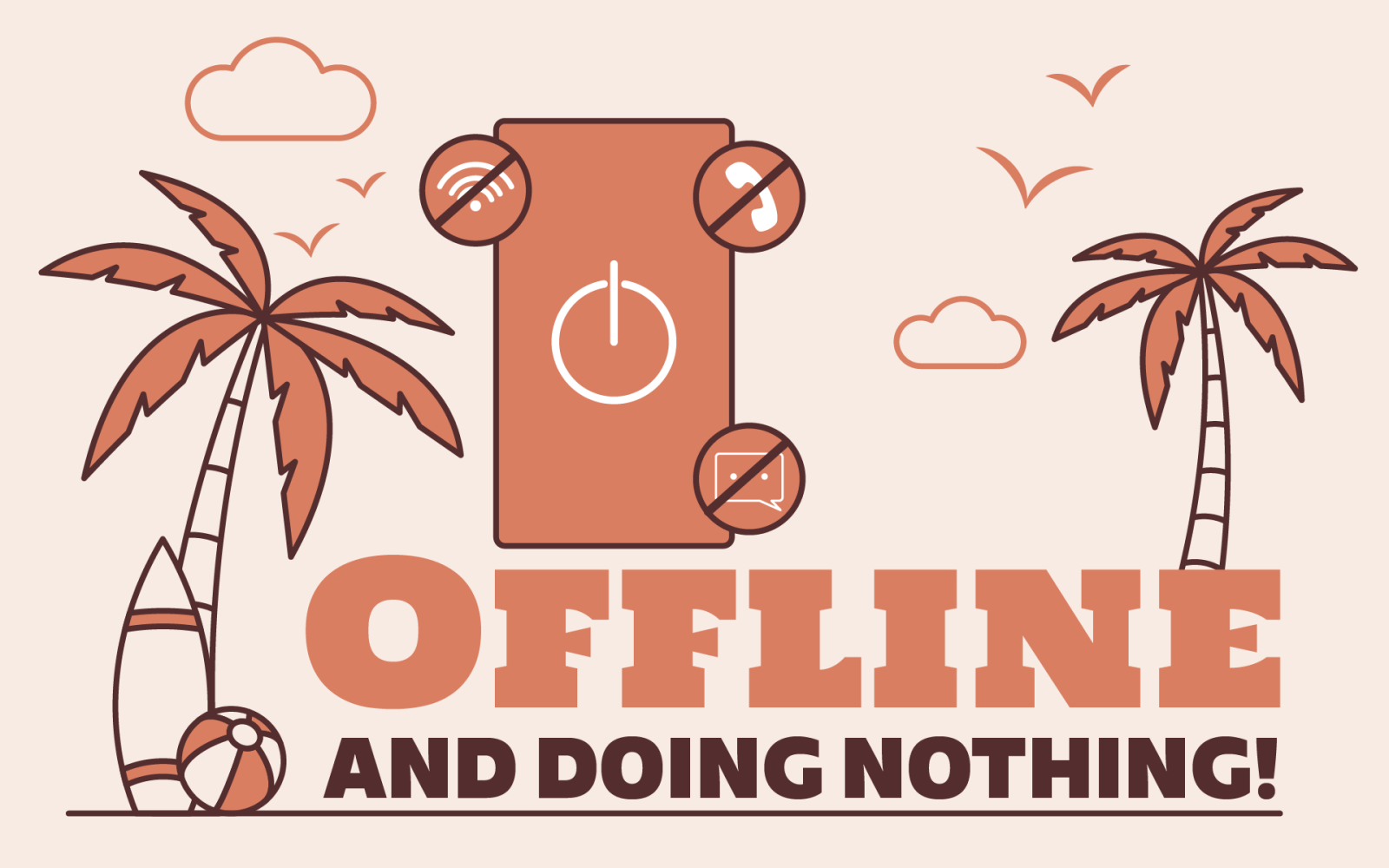Life is like a couple of slices of just-baked banana bread
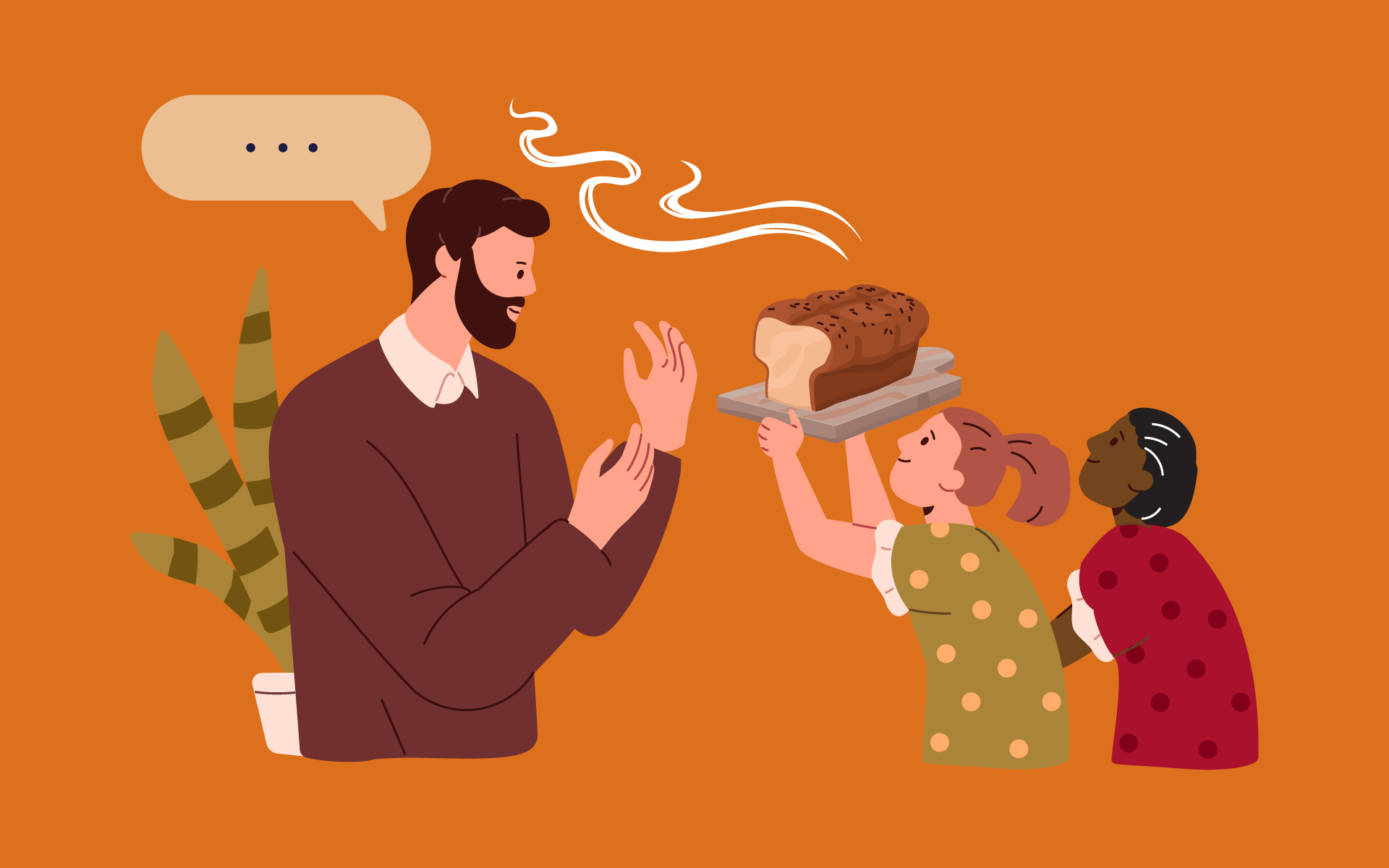
What the pandemic taught me about uncertainty and possibility
I couldn’t sleep. My mind was racing at a thousand kilometres an hour.
Was Steven “Boykey” Sidley the last person’s hand I would ever shake, I wondered.
It was March 2020 and I had just returned from a talk that Boykey – one of SA’s sharpest authors – had given at a literary festival in Cape Town.
As it turned out, it was probably the country’s last in-person event before Covid-19.
As Boykey talked, the coronavirus was whooping out of Wuhan and making its way around the world.
We weren’t wearing masks, but we had been warned about the dangers of shaking hands and told to bump elbows instead.
I had kept my hands to myself at the book festival but as I was leaving, I bumped into Boykey and instinctively offered my hand.
He automatically shook it. We both gasped in horror as we realised simultaneously that we’d broken coronavirus protocol.
This is how the world ends, I thought, not with a bang, but a handshake.
That night, President Cyril Ramaphosa called one of his famous “family meetings” to announce that we would be locked up in lockdown.
It was a time of great uncertainty as the pandemic raised the spectre of economic Armageddon, political meltdown, and a global toilet paper shortage.
I became a germ-dodging hermit.
On the rare occasions I dared to venture out, I double masked and avoided people like, well, the plague.
I was in full-on panic mode.
Before Covid I had my year mapped out. I was in control. I was bulletproof. But all my plans fizzled out overnight.
My work dried up, bills began mounting, and I was coming apart at the seams.
In times of uncertainty, we look to those who know or, at least, who are supposed to know.
But the scientists, the people who devote their lives trying to make sense of the things that don’t make sense, were also in the dark (and this time not because of load shedding).
Instead of embracing lockdown’s banana bread baking challenge or boogieing to Jerusalema, I spent my days under the duvet, doom-scrolling, wallowing in misery, and lamenting lost opportunities.
One morning, as I was again torturing myself about all my plans that had vanished in a puff of pandemic, the sweet smell of banana, cinnamon, and vanilla came wafting into the bedroom.
The aroma was followed by my daughters, Rachel and Maya, who bounced into the room with a slice of just-made banana bread.
My mood lifted with each mouthful.
Over the next couple of days – with slice after slice of banana bread delivered each morning by the bouncing duo of Rachel and Maya – my doom-and-gloom perspective on the world began to shift.
I realised that my need to be in control had made me paralysed, because it meant that I wasn’t able to tolerate uncertainty.
When life became uncertain, I wasn’t flexible enough to adapt. I wasn’t bulletproof at all. I wasn’t in control.
Life is unpredictable; it takes mysterious twists, arbitrary turns, and unexpected zigzags as we make our way through it.
It changes dramatically and without warning, disrupting the way we live and how we work. And that’s a good thing.
Living with uncertainty helps us to be flexible, so we can handle surprises and adapt to changing situations.
It also opens us up to new experiences and opportunities. It allows us to question our assumptions and challenge our preconceived notions.
Being open to uncertainty means knowing that there are many possibilities. It means holding those possibilities simultaneously, so when one possibility is no longer possible, there are others.
The pandemic taught me that I need to sit with uncertainty, not hide from it. It taught me to enjoy the moment without expectations of what will – or won’t – happen next.
The slice (okay, okay, slices) of banana bread liberated me, because it taught me to embrace the wisdom of uncertainty, tolerate life’s ambiguity, and silence the anxiety that comes with “the need” to be in control.
In this world nothing can be said to be certain, except death and taxes…and the healing power of banana bread.
